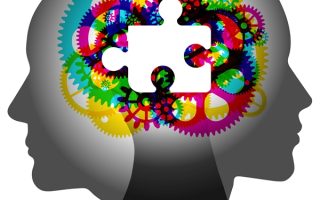The study of consciousness has long been investigated by respected philosophers. Now, it is the focus of study by Neuroscientists, Biologists, and Psychologists. Consciousness is defined as awareness of one’s own environment as well as the existence of self.
Being self-aware is not, in psychological or philosophical terms, the same thing as having a conscience. People who lack the ability to process complex emotions like empathy are often self-aware but lacking a conscience. Those most prone to having little to no conscience are people with Cluster B personality types. In particular, those with ASPD, NPD, and HPD lack the emotional capacity to perceive benefit or value from self-reflecting and considering their place within society or role in any social setting.
Consciousness, as a state of heightened awareness of being awake to one’s surroundings, is based on self-perception of the individual. Philosophically speaking, one may say that consciousness is arguably the first step towards having control over one’s own inner thoughts and nature-based upon making the leap from existence alone to being mindfully aware (from a cognitive standpoint) of one’s own existence.
The theory of consciousness is (was) a subject deeply explored by Philosopher Renee Descartes, a man perhaps most famous for eloquently stating the phrase, “I think, therefore I AM.” Without conscious awareness of self, arguably one is not functionally human.
At the present time, Neuroscientists are delving deeply into the phenomenon of conscious awareness while people interested in studying Cluster B personality types are striving to determine why exactly it is that people with extreme personality disorders may be self-aware but seem to be perceptively incapable of simultaneously acting in accordance with a more systems theory developed conscience.
« Back to Glossary Index



